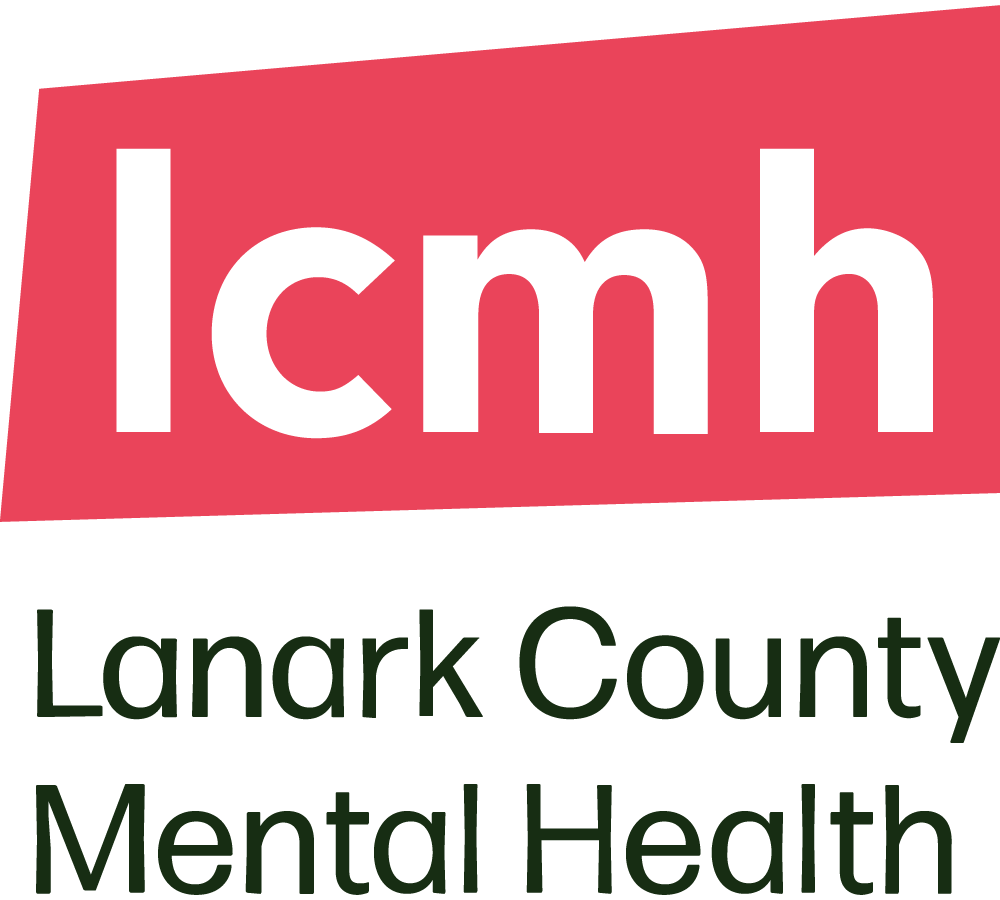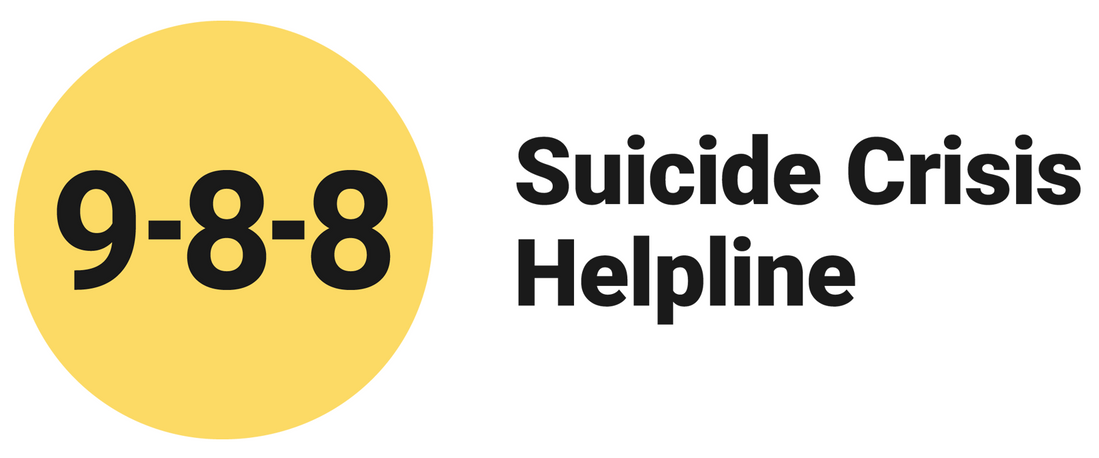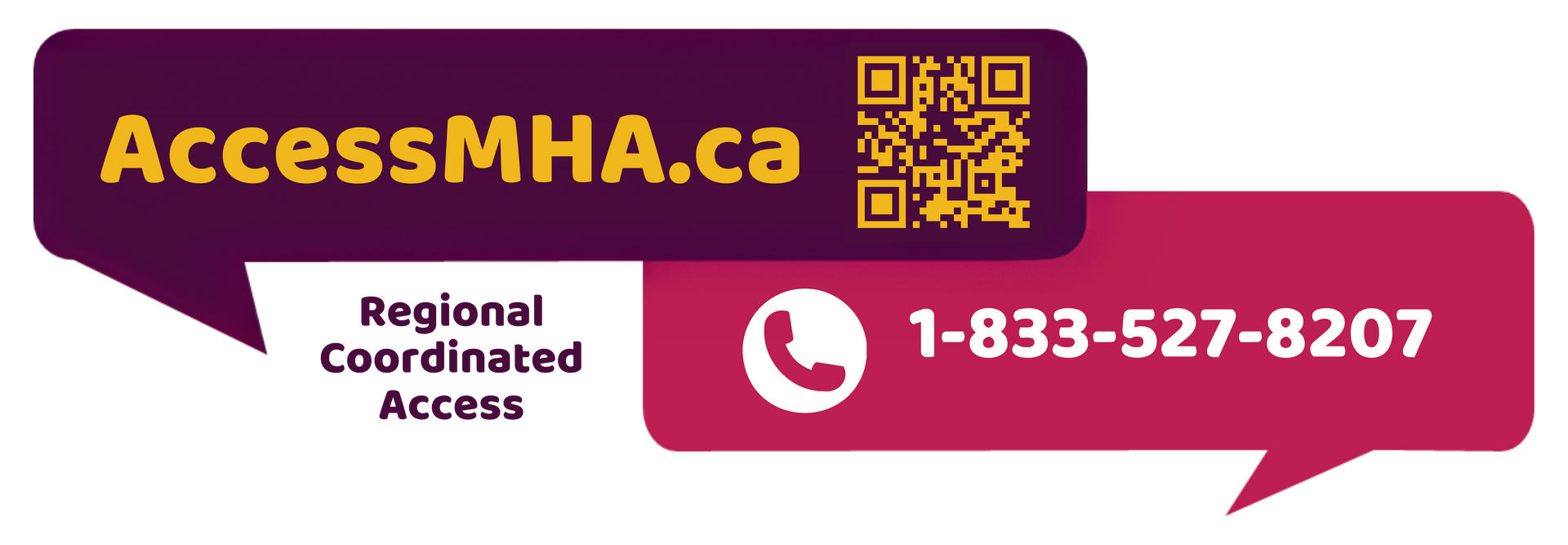Urgent Care
Connect with someone now.
Call toll free at:
1.800.465.4442
5:00 pm to midnight 365 days a year
A free, confidential and anonymous telephone support service. The distress line allows a safe and comfortable space to reach someone in your time of need. The Distress Centre is available to individuals living within Lanark Leeds and Grenville.
Call or Text:
9-8-8
Available 24/7/365 days a year
If you're experiencing despair, struggling to cope, or facing thoughts of suicide, reach out to 9-8-8. Trained responders offer non-judgmental listening, support, and information on resources to assist you. 9-8-8 aims to foster connections, promote hope, aid recovery, and save lives. Our vision is a Canada where everyone can access help, preventing suicide in times of need.

Crisis Services
613.283.2170
Mon to Friday 8:00am to 4:00 pm
In moments of acute emotional distress, Lanark County Mental Health serves as a steadfast pillar of support for individuals and their families. We offer a range of vital services aimed at addressing immediate challenges and fostering long-term well-being.
About our services
In moments of acute emotional distress, Lanark County Mental Health serves as a steadfast pillar of support for individuals and their families. We offer a range of vital services aimed at addressing immediate challenges and fostering long-term well-being.







